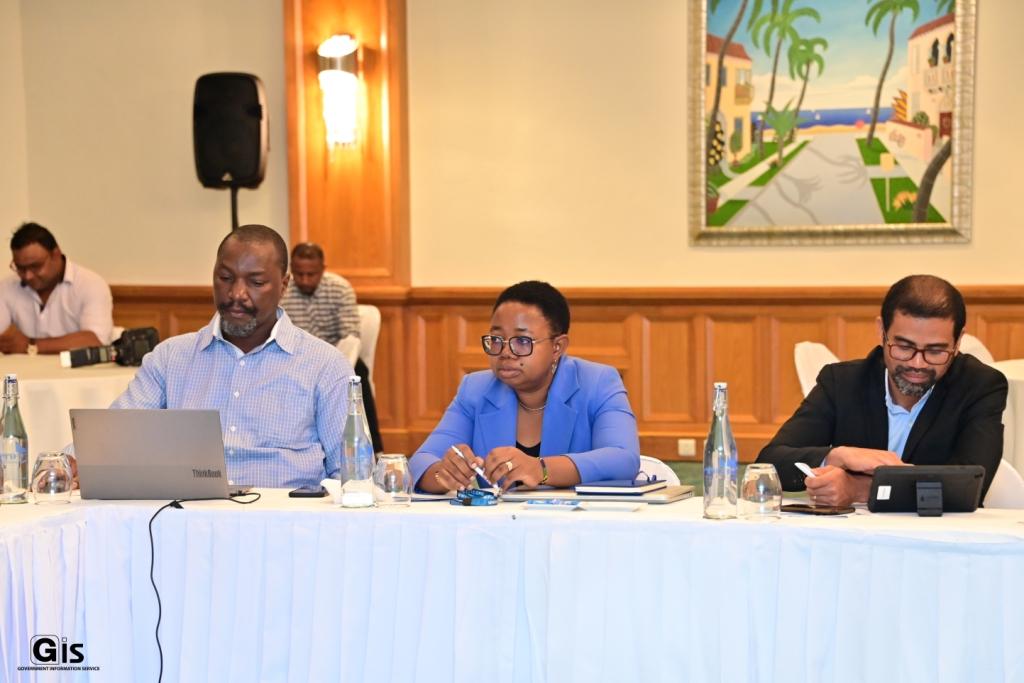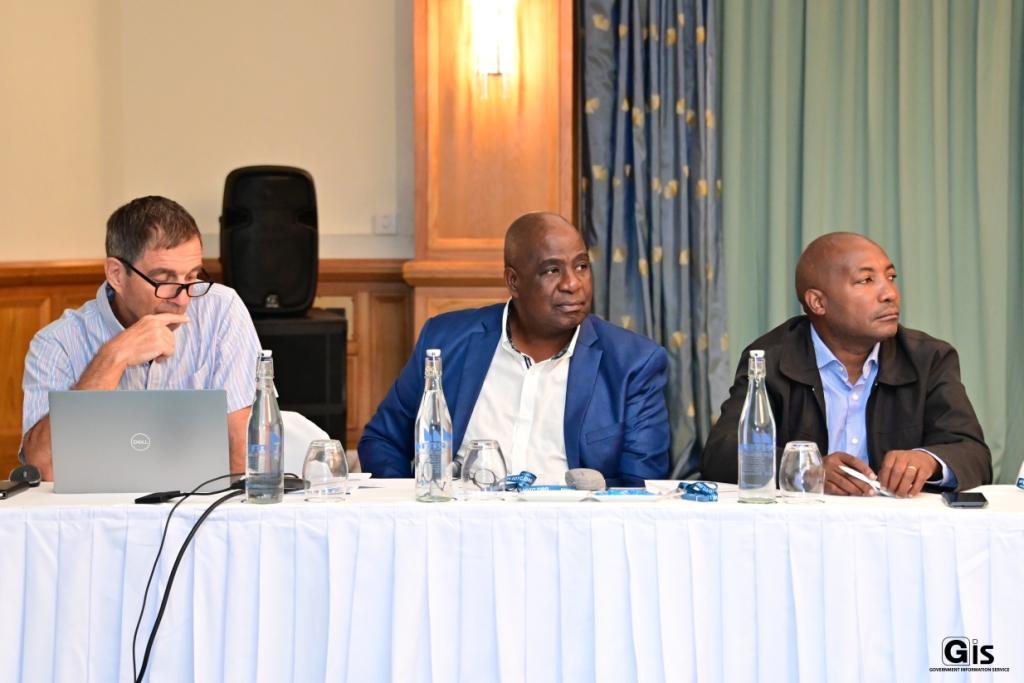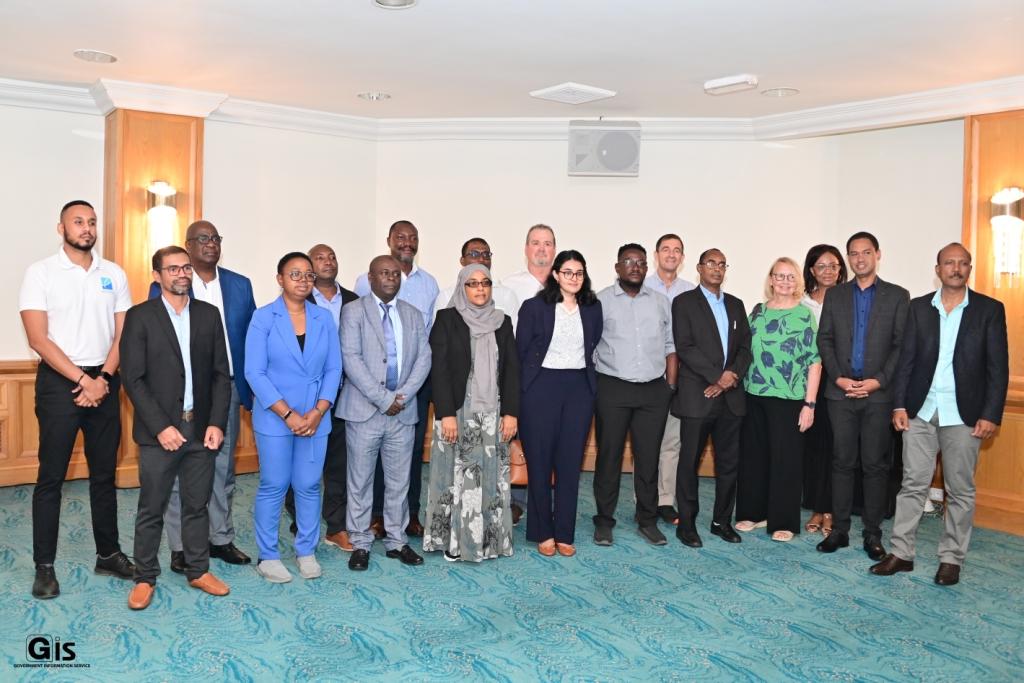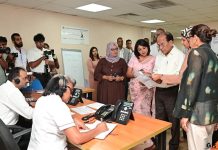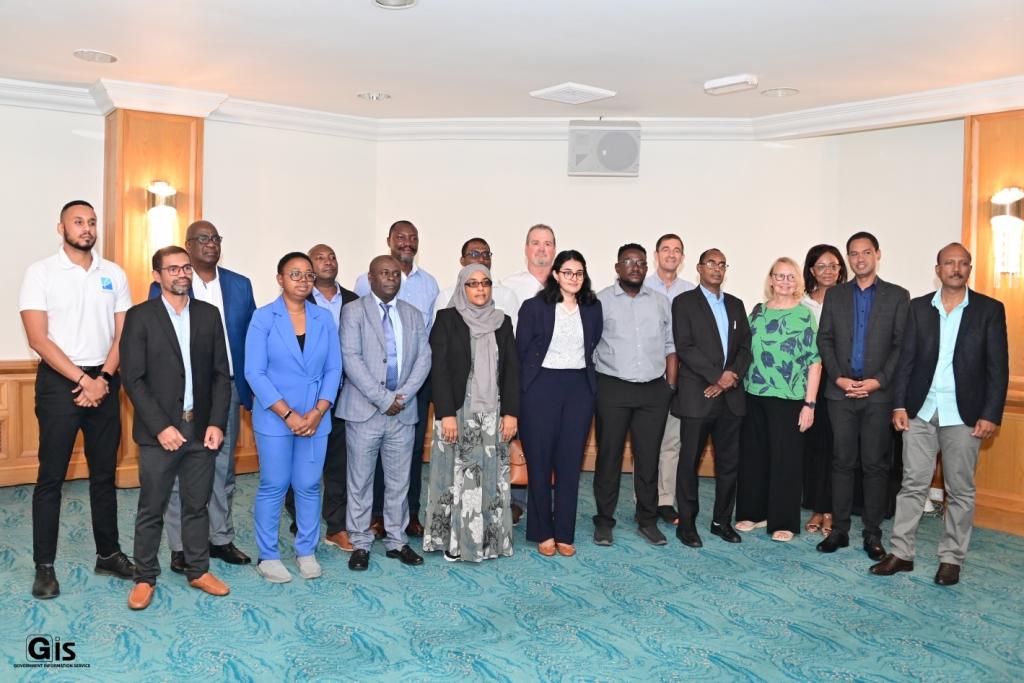
Africa-Press – Mauritius. A three-day workshop on ‘Evidence in fisheries offences: effective collection and use Laws, Procedures, Prosecutions, unreported and unregulated (IUU) Vessel Listing’, an initiative of the Indian Ocean Tuna Commission (IOTC), kicked off this morning at the Maritim Resort and Spa in Balaclava.
Member countries participating in this forum are: Comoros, Kenya, Madagascar, Maldives, Mauritius, Mozambique, Seychelles, Somalia, South Africa, Tanzania and Yemen. The training is part of the IOTC component of the Second South West Indian Ocean Fisheries Governance and Shared Growth Project (SWIOFish2) funded by the World Bank and supported by the Indian Ocean Commission.
With a view to tackling IUU fishing, the IOTC Secretariat is providing assistance to IOTC members that are also members of the South-west Indian Ocean Fisheries Commission (SWIOFC) to strengthen the capacity of their officers and inspectors to gather, handle, preserve and use evidence to prosecute individuals or entities that contravene existing IOTC conservation and management measures, and to prepare IUU listing proposals for the IOTC Compliance Committee.
The main objective of the workshop is to promote the importance and impact of successful evidence gathering in combating illegal, IUU fishing, and discuss the pillars for evidence gathering, namely the national legislations and regional and international obligations. It will also provide an insight into the potential weaknesses of some of the pillars, including the insufficiency of legislations in some countries, and offers models for improvements.
In preparation for the training, consultants carried out a review and analysis of legal and monitoring control and surveillance (MCS) systems of the participating countries, including a training needs assessment. This information was used to produce a manual on evidence-gathering, a foundational text for the current regional training course. The manual on evidence-gathering promotes the importance and impact of successful evidence gathering in combating illegal, unreported and unregulated (IUU) fishing, and describes the pillars for evidence gathering i.e. the national legislations and regional and international obligations. It also draws attention to the potential weaknesses of some of the pillars, including the insufficiency of legislations in some countries, and offers models for improvements.
Moreover, the manual outlines procedures for gathering evidence and describes the requirements and procedures for arrest. It also explains prosecutions and administrative procedures, outlining the basis for deciding which route to take, and how to prepare and submit information and evidence in each system. It describes the role of the fisheries inspectors and prosecutors and the need for a strong working relationship between them.
For More News And Analysis About Mauritius Follow Africa-Press


